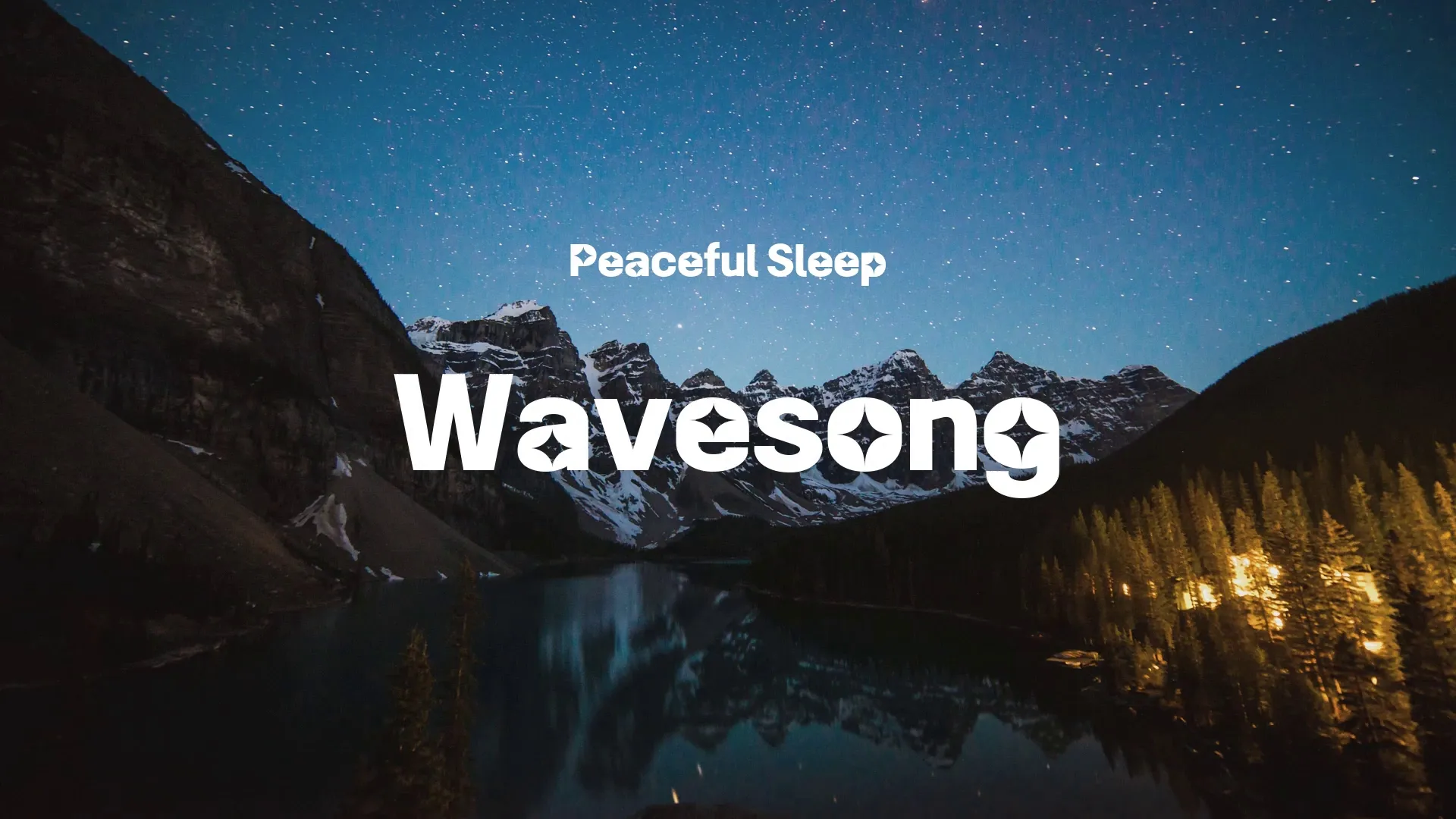The Indie Game Developer's Legal Toolkit: From Studio Setup to Developer Agreements
The Indie Game Developer’s Legal Toolkit: From Studio Setup to Developer Agreements
Starting an indie game studio involves more than just coding and art; it requires a solid legal foundation. Ignoring legal aspects can lead to significant issues down the road, from intellectual property disputes to financial liabilities.
This guide outlines the essential legal steps for setting up your studio and drafting critical developer agreements.
Choosing Your Studio’s Legal Structure
The legal structure of your game studio dictates liability, taxation, and administrative burden. Selecting the right one from the outset is crucial for long-term stability.
Sole Proprietorship
A sole proprietorship is the simplest structure, where the business is indistinguishable from the individual. This means personal assets are not protected from business debts or lawsuits.
It is suitable for solo developers just starting out, but it offers no personal liability protection.
Partnership
A partnership involves two or more individuals agreeing to share in the profits or losses of a business. General partnerships offer no personal liability protection for partners, while limited partnerships (LPs) and limited liability partnerships (LLPs) offer some protection.
Clarity in roles and responsibilities is paramount in a partnership agreement.
Limited Liability Company (LLC)
An LLC combines the liability protection of a corporation with the pass-through taxation of a partnership or sole proprietorship. This structure protects personal assets from business liabilities.
It is often recommended for indie studios due to its flexibility and liability shield.
Corporation (S-Corp or C-Corp)
Corporations are separate legal entities from their owners, offering the strongest liability protection. C-corps face double taxation (company profits and shareholder dividends), while S-corps pass profits and losses directly to personal income without corporate tax.
Corporations are more complex to establish and maintain but are suitable for studios planning to seek significant investment.
Essential Developer Agreements
Contracts define relationships and responsibilities, preventing misunderstandings and disputes among team members and external partners. Do not underestimate the value of clear, written agreements.
Co-Founder Agreement
If you are starting with partners, a co-founder agreement is non-negotiable. This document should detail equity splits, roles and responsibilities, decision-making processes, intellectual property ownership, and exit strategies.
Create a free account, or log in.
Gain access to free articles, game development tools, and game assets.









.webp)













